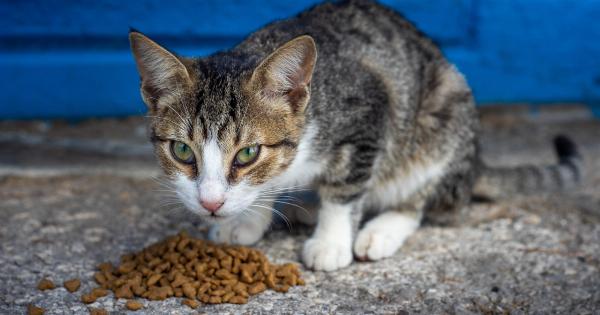Food poisoning is an illness caused by consuming contaminated food or water. The symptoms of food poisoning can range from mild to severe, and may include nausea, vomiting, abdominal pain, diarrhea, and fever.
Fortunately, there are many steps you can take to prevent food poisoning from occurring. Here are 10 tips for preventing food poisoning:.
1. Wash Your Hands
One of the best ways to prevent food poisoning is to wash your hands regularly. Use warm water and soap to thoroughly wash your hands before preparing food, after handling raw meat or poultry, and after using the bathroom.
2. Prepare Food Safely
When preparing food, it is important to follow safe food handling practices to prevent contamination.
This includes washing all produce before eating or cooking, washing your hands and utensils thoroughly, and keeping raw meat separate from other foods.
3. Cook Food Thoroughly
Cooking food to the right temperature is important for killing any bacteria that may be present. Use a food thermometer to ensure that meat, poultry, and fish are cooked to the appropriate temperature.
4. Refrigerate Food Promptly
After cooking, it is important to refrigerate any leftover food promptly. Bacteria can grow quickly at room temperature, so be sure to refrigerate food within two hours of cooking.
5. Don’t Cross-Contaminate
When handling food, it is important to avoid cross-contamination. This means keeping raw meat, poultry, and fish separate from other foods, and using separate cutting boards and utensils for each type of food.
6. Avoid Eating Raw or Undercooked Meat
Eating raw or undercooked meat can increase your risk of food poisoning. Make sure to cook all meat, poultry, and fish to the appropriate temperature to kill any bacteria that may be present.
7. Be Careful with Leftovers
Leftovers can be a convenient way to enjoy a meal, but it is important to handle them properly to prevent food poisoning. Refrigerate leftovers promptly, and be sure to reheat them thoroughly before eating.
8. Practice Good Hygiene
Good hygiene can go a long way in preventing food poisoning. This includes washing your hands regularly, keeping your kitchen clean, and avoiding contact with sick individuals.
9. Be Careful When Eating Out
When eating out, it is important to choose restaurants that follow safe food handling practices. Make sure that the restaurant is clean and well-maintained, and that the food is cooked thoroughly.
10. Watch for Symptoms of Food Poisoning
If you experience symptoms of food poisoning, it is important to seek medical attention right away. Symptoms may include nausea, vomiting, abdominal pain, diarrhea, and fever.




























